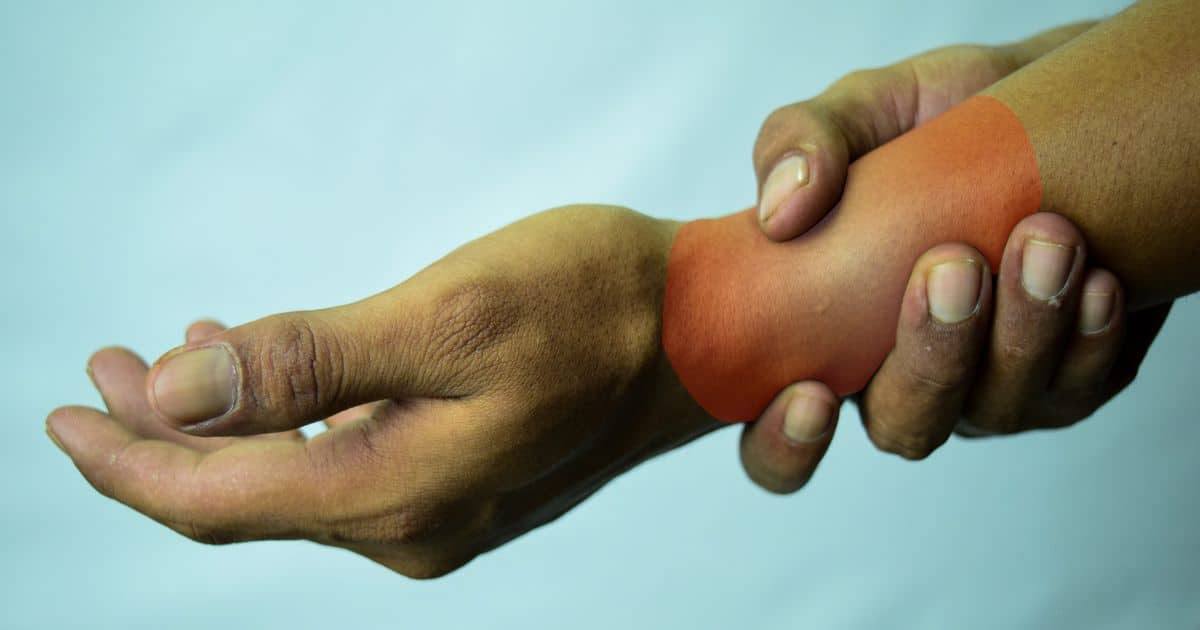
A repetitive stress injury occurs due to repeatedly making the same motions that add up to excessive strain on a body part. Repetitive stress injuries commonly occur in many occupations and are subject to workers’ compensation coverage.
Virtually every state requires employers to carry workers’ compensation coverage to protect their workers against medical costs and lost income due to work-related injuries and illnesses. A repetitive stress injury qualifies as a work-related injury.
If a worker suffers a work-related injury or illness and the employer or workers’ compensation insurance underwriter denies a claim, a workers’ compensation lawyer can help to uphold that worker’s rights.
Examples of Repetitive Stress Injuries
Repetitive stress injuries do not require heavy lifting to occur. Many workers who suffer a repetitive stress injury either lift relatively light items or even none at all.
A good example is a supermarket cashier who repeatedly grasps and lifts relatively small and light objects to scan them. A busy shift might result in a cashier lifting and scanning small items more than 1,000 times. Eventually, carpal tunnel syndrome might develop from the repetitive stress on the wrist.
Someone who spends a lot of time typing while at work also could develop carpal tunnel without lifting anything. The condition can be very painful and weaken their grip, cause numbness, and other side effects.
Virtually any repetitive motion required of workers might cause stress on a particular body part. Soft tissue injuries often are the result, but a stress fracture of another type of injury also might occur.
How to Prevent Repetitive Stress Injuries?
Job providers should provide equipment and safety gear that helps to protect workers against repetitive stress injuries. Regular training to emphasize safe lifting and work techniques also can help to reduce the potential for a repetitive stress injury occurring.
Workers also can reduce their chances of suffering a repetitive stress injury when they:
- Use ergonomic lifting techniques to reduce stress on a specific body part
- Wear safety gear that is designed to support your back or other body parts
- Reduce the weight of loads when possible while repeatedly lifting them
- Wear gloves or wraps that absorb vibration when using vibrating tools
When employers and workers alike proactively work together to mitigate the effects of repetitive motions, injuries become less common.
How to Show Your Injury Is Work-Related?
Whenever you suffer a repetitive stress injury or any other type of work-related injury or illness, you should seek medical treatment as soon as possible. The diagnosis could help to confirm that you suffered an injury that commonly occurs in your line of work.
Obtaining medical care as soon as you are aware of the repetitive stress injury will late show that the injury is related to your work. If the injury worsens while you are on the job, leaving early or going directly to an approved medical services provider will help to show your injury is work-related.
You also should notify your supervisor right away. Because a repetitive stress injury usually is not life-threatening, you should be able to report the problem before you obtain medical help. Reporting the injury right away will help you to show that it is work-related.
Chester County Workers’ Compensation Lawyers at Wusinich, Sweeney & Ryan, Help to Enforce Your Rights
If your legitimate workers’ compensation claim is denied in part or in whole, you can get help from the Chester County workers’ compensation lawyers at Wusinich, Sweeney & Ryan, LLC. You can contact us online or call 610-594-1600 to schedule a free consultation at our Exton, Pennsylvania, law office. We represent clients who are located Downingtown, West Chester, Exton, Coatesville, Phoenixville, Malvern, Lyndell, Wagontown, Uwchland, Parkesburg, Chester Springs, Lancaster County, Reading, Morgantown, and throughout the state.




